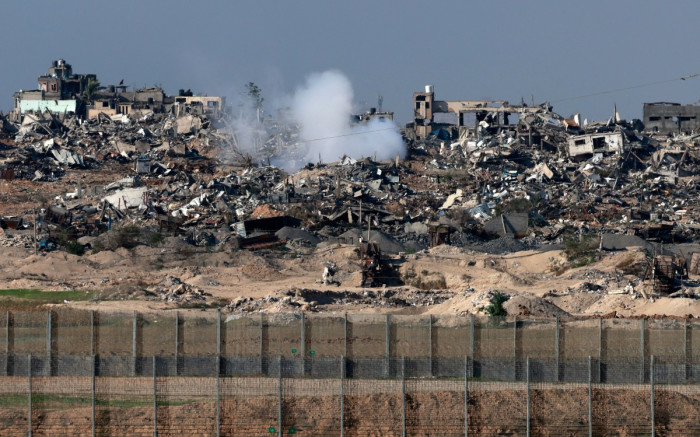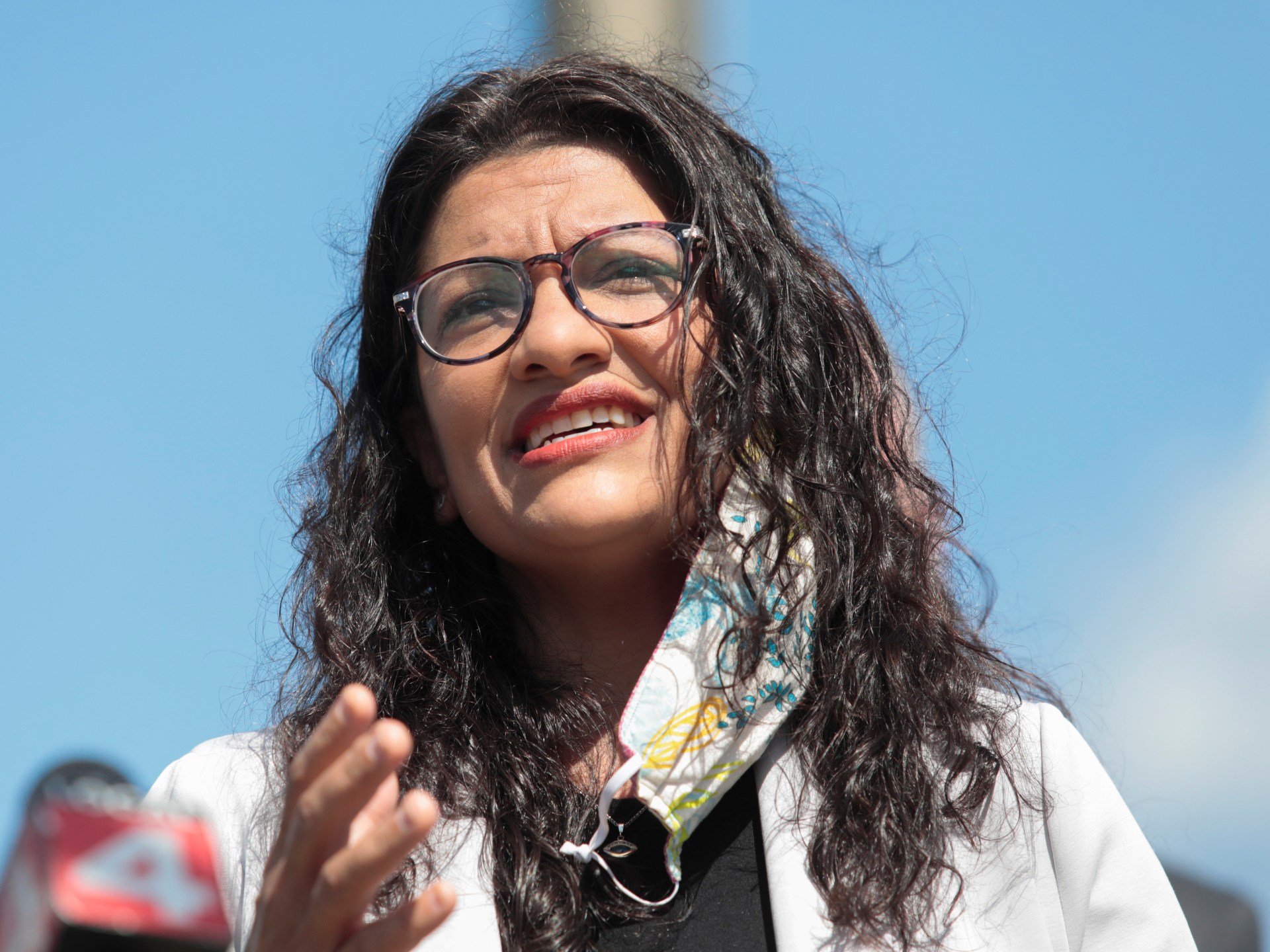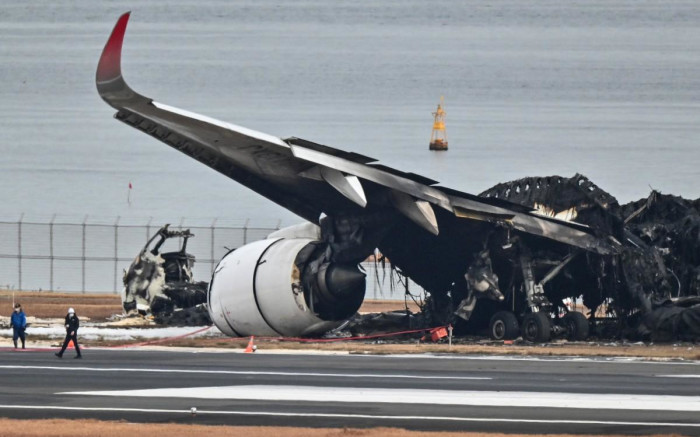
Israel’s leaders have repeatedly vowed to continue their offensive until Hamas is destroyed, and army chief Herzi Halevi signaled there would be no quick end to the war.
An image taken on December 25, 2023 in southern Israel near the Gaza Strip border shows smoke rising from the Palestinian territory amid ongoing fighting between Israel and Hamas. Image: AFP
UNDEFINED – Israel’s army chief warned that the war with Hamas would last “many more months” as the military stepped up attacks in the Gaza Strip, where more than 20,000 people have already been killed.
Concerns about a worsening humanitarian crisis within the besieged area have increased calls for an end to hostilities, while incidents involving Iranian-backed groups acting in solidarity with Hamas have raised fears of a wider regional conflict.
On Tuesday, the United States reported that it had shot down a volley of drones and missiles fired by Yemen’s Houthi rebels over the Red Sea.
But Israel’s leaders have repeatedly vowed to continue their offensive until Hamas is destroyed, and army chief Herzi Halevi signaled there would be no quick end to the war.
“The goals of this war are essential and not easy to achieve,” Halevi said on Tuesday evening.
“That’s why the war will last for many more months.”
The war broke out when Hamas gunmen attacked Israel on October 7, killing about 1,140 people, mostly civilians, according to an AFP tally based on Israeli figures.
During the attack – the deadliest in Israel’s history – Hamas also took about 250 hostages, 129 of whom are still in the Gaza Strip, according to Israel.
Israel responded with a relentless bombardment and siege, followed by a ground invasion. At least 20,915 people, mostly women and children, were killed in the campaign, according to the Hamas-run Health Ministry in Gaza.
“I borrowed everything”
Since the siege went into effect, Gaza’s 2.4 million people have suffered severe shortages of water, food, fuel and medicine, with limited aid reaching the area. According to the United Nations, an estimated 1.9 million people in the Gaza Strip have been displaced.
In the southern city of Rafah, where many displaced people have sought refuge, hundreds showed up on Tuesday with baskets, pulling handcarts and even pushing a wheelchair laden with bottles outside the Abdul Salam Yassin waterworks to line up for clean water.
“That was my father’s cart,” said Amir al-Zahhar, a resident of Rafah. “He was martyred during the war. He used it to transport and sell fish, and now we use it to transport fresh water.”
Elsewhere in the city, people split logs and stacked kindling as fuel shortages forced them to burn wood for cooking and keeping warm.
Taking advantage of the sun to hand wash her family’s clothes on Tuesday, a woman told AFP: “I asked people for water. I have absolutely nothing. I borrowed everything from others, even the blankets.”
The UN Security Council called for the “safe and unhindered provision of large-scale humanitarian assistance” in a resolution last week.
It requested the appointment of a UN humanitarian coordinator to monitor and review third country aid to Gaza. On Tuesday, Sigrid Kaag, the outgoing Dutch finance minister, was appointed to the post.
The resolution, which did not call for an immediate end to the fighting, effectively gives Israel operational control over aid deliveries.
“BIG CONCERN”
Israeli army spokesman Daniel Hagari said Tuesday that troops “are fighting in the southern Gaza Strip in the Khan Yunis area and we have expanded the fighting to the area known as the central camp.”
Three more Israeli soldiers were killed in Gaza on Tuesday, bringing the total to 161 since the ground offensive began on October 27, the military said.
The U.N. human rights office said it was “deeply concerned by the ongoing bombardment of central Gaza by Israeli forces,” particularly after the military ordered residents to move to the central and southern regions.
France, a staunch ally of Israel, also expressed concern over Israel’s promises to intensify and prolong fighting.
There has also been violence in the occupied West Bank since the beginning of the war.
According to the Palestinian Ministry of Health, six people were killed early Wednesday in an Israeli operation in a refugee camp in the north of the West Bank.
According to the ministry, more than 300 Palestinians have been killed in the West Bank by Israeli forces and settlers since the war began.
REGIONAL SPARKS
The impact of the war was also felt across the region, with armed groups backed by Israel’s arch-enemy Iran escalating their activities.
U.S. forces fired more than a dozen attack drones and several missiles from Yemen’s Iran-backed Houthi rebels at ships in the Red Sea, the Pentagon said, reporting no damage or injuries.
The Houthis had claimed a rocket attack on a ship in the Red Sea and a drone strike on Israel, their latest such actions in solidarity with Gaza.
The Israeli military said one of its fighter jets “intercepted an enemy air target in the Red Sea area that was en route to Israeli territory.”
The Egyptian broadcaster Al-Qahera News reported that a flying object was hit about two kilometers from the coastal city of Dahab. The city is located around 125 kilometers south of Eilat on the southern tip of Israel, the next target of the Yemeni rebels.
In Iraq, the US military launched attacks on pro-Iranian groups, which it blamed for numerous attacks on US and allied forces during the Israel-Hamas war.
According to Iraqi authorities, the attack left at least one person dead.
An anti-tank missile fired by the Iran-backed Lebanese Hezbollah movement injured nine soldiers, the Israeli military said, while Hezbollah announced the deaths of two of its fighters.
The incidents came after an Israeli strike in Syria on Monday killed Razi Mousavi, a senior commander of the Quds Force – the foreign arm of Iran’s Islamic Revolutionary Guard Corps (IRGC).






Recent Comments